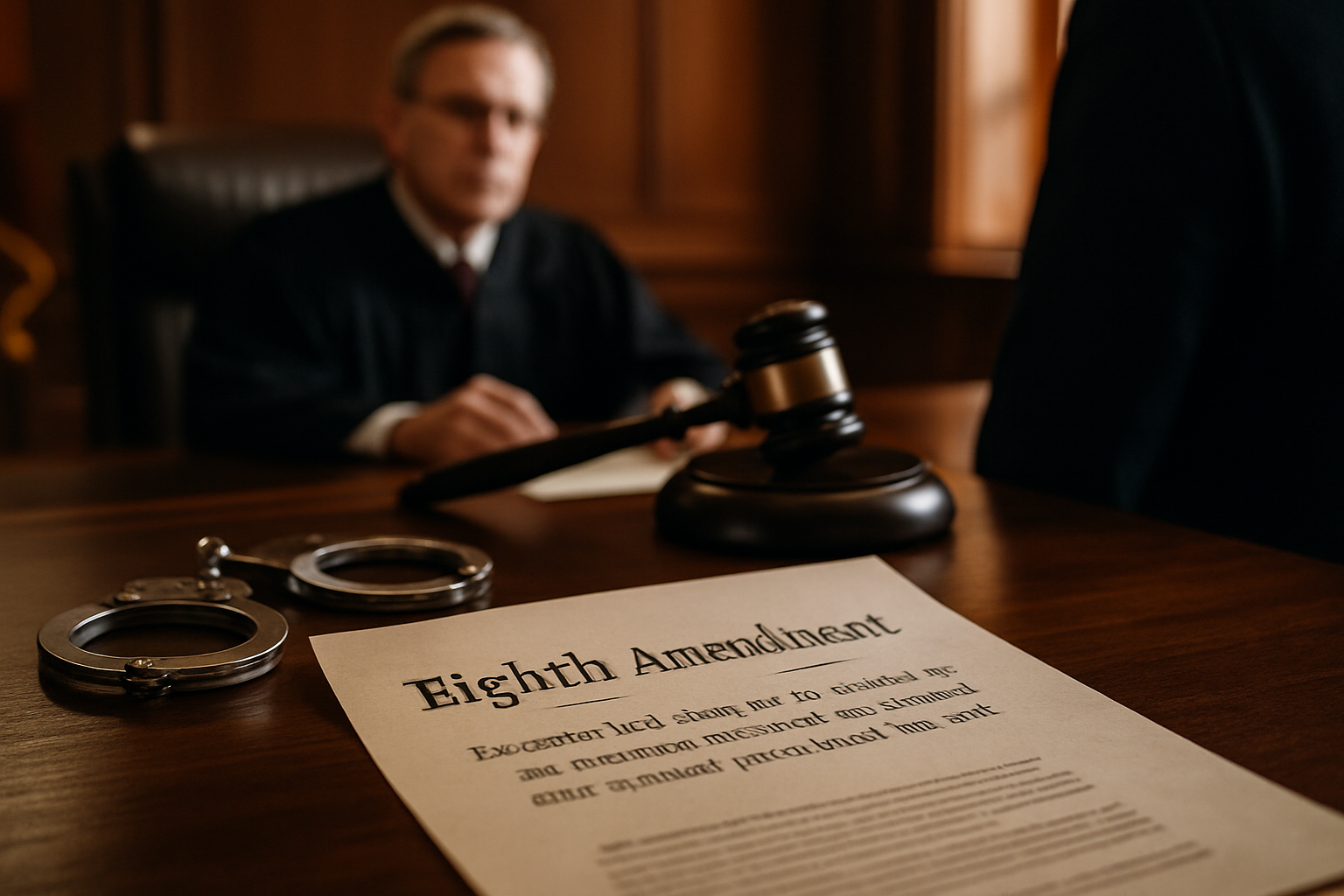Title: Unraveling the Legal Complexities of Sovereign Immunity
In the intricate tapestry of legal principles, sovereign immunity stands as a profound and often misunderstood doctrine. Rooted in ancient traditions yet continually evolving, this concept shapes the relationship between citizens and their governments. As we delve into its nuances, we'll explore how sovereign immunity impacts modern legal systems, its exceptions, and the ongoing debates surrounding its application in an era of increasing government accountability.

Sovereign Immunity in the United States
In the United States, sovereign immunity took on a unique character. The Founders, wary of unchecked power, did not explicitly include sovereign immunity in the Constitution. However, the Supreme Court, in cases like Hans v. Louisiana (1890), affirmed its existence as an inherent aspect of sovereignty. This led to a complex system where federal and state governments enjoyed broad immunity, with specific exceptions carved out through legislation and judicial interpretation.
The Federal Tort Claims Act: A Landmark Shift
The passage of the Federal Tort Claims Act (FTCA) in 1946 marked a significant departure from absolute sovereign immunity at the federal level. This legislation allowed citizens to sue the federal government for torts committed by its employees, subject to certain limitations. The FTCA opened the door for individuals to seek redress for governmental negligence, though it maintained immunity for discretionary functions and intentional torts.
State Sovereign Immunity and the 11th Amendment
State sovereign immunity presents another layer of complexity. The 11th Amendment, ratified in 1795, prohibits federal courts from hearing certain lawsuits against states. However, the interpretation of this amendment has been the subject of intense legal debate. In landmark cases like Alden v. Maine (1999), the Supreme Court has broadly interpreted state sovereign immunity, extending it beyond the literal text of the 11th Amendment to include state immunity from suit in their own courts without their consent.
Exceptions and Waivers to Sovereign Immunity
Despite its broad application, sovereign immunity is not absolute. Various exceptions and waivers have emerged over time. These include:
-
Constitutional violations: Governments can be sued for actions that violate constitutional rights.
-
Legislative waivers: Both federal and state governments can pass laws waiving immunity in specific areas.
-
Commercial activities: When governments engage in commercial activities, they may be subject to suit like private entities.
-
Consent: Governments may voluntarily consent to be sued in certain instances.
The Doctrine of Ex parte Young
The Ex parte Young doctrine, established in 1908, provides a crucial exception to state sovereign immunity. It allows suits against state officials for prospective injunctive relief to prevent ongoing violations of federal law. This doctrine has been instrumental in civil rights litigation and in enforcing federal regulations against states.
International Perspectives on Sovereign Immunity
Globally, the concept of sovereign immunity has evolved significantly, particularly in the realm of international law. The shift from absolute to restrictive immunity in many countries has allowed for increased accountability in commercial dealings. International conventions, such as the United Nations Convention on Jurisdictional Immunities of States and Their Property, aim to codify and standardize sovereign immunity principles across nations.
Current Debates and Future Directions
The doctrine of sovereign immunity continues to spark debate among legal scholars, policymakers, and the public. Critics argue that it can shield governments from accountability, potentially encouraging negligence or abuse of power. Proponents contend that it’s necessary to protect governmental functions from undue interference and preserve public resources. As society grapples with issues of government responsibility and individual rights, the future of sovereign immunity remains a subject of ongoing legal and philosophical discourse.
Conclusion
Sovereign immunity, with its deep historical roots and complex modern applications, remains a cornerstone of legal systems worldwide. As governments face increasing scrutiny and demands for accountability, the doctrine continues to evolve. Understanding its nuances is crucial for legal professionals, policymakers, and citizens alike. The balance between protecting governmental functions and ensuring justice for individuals will likely remain a central challenge in legal theory and practice for years to come.





